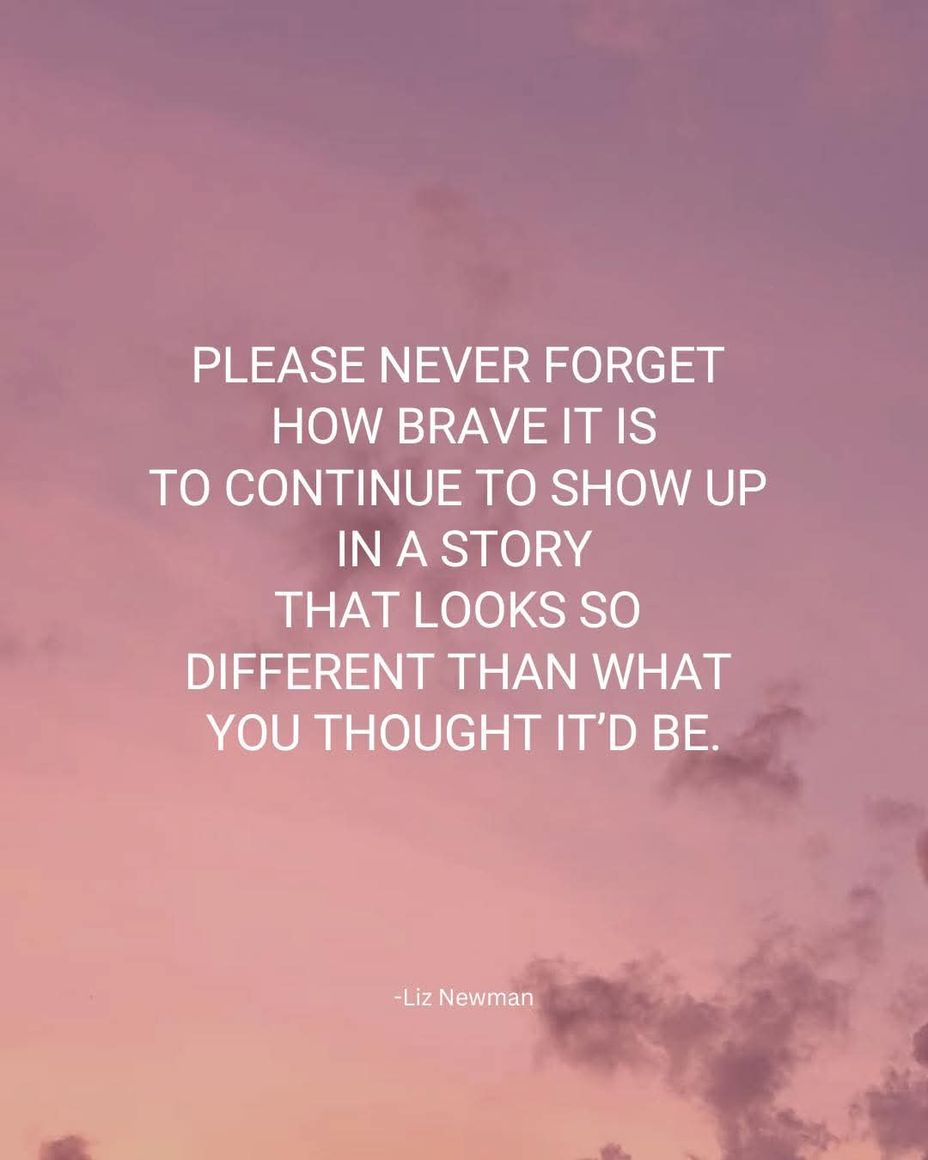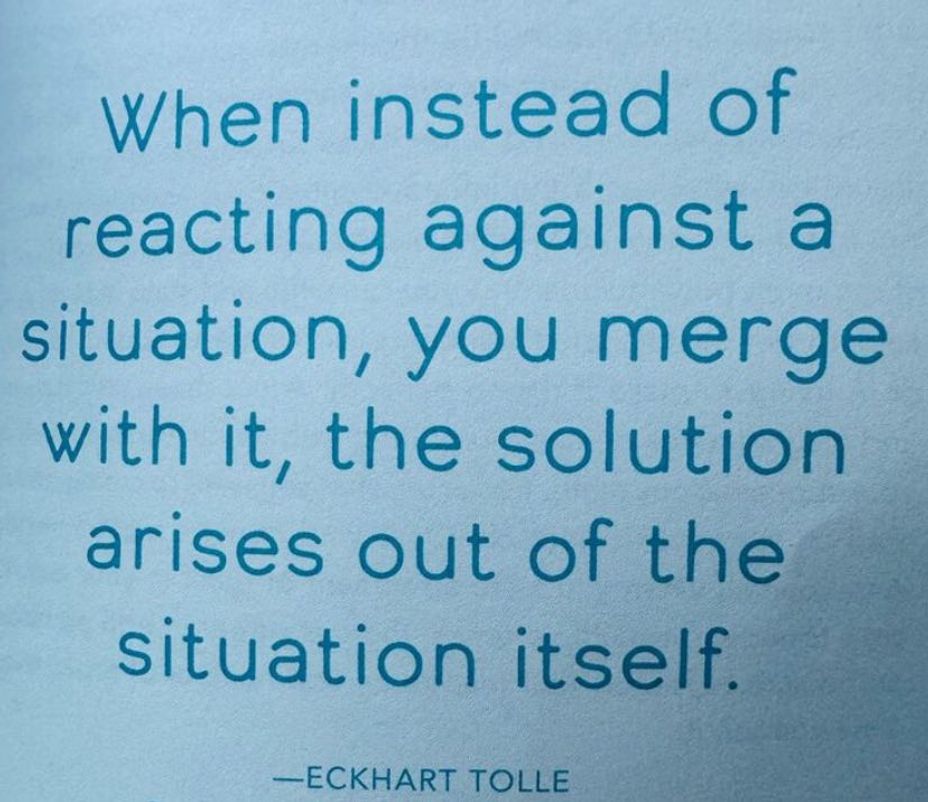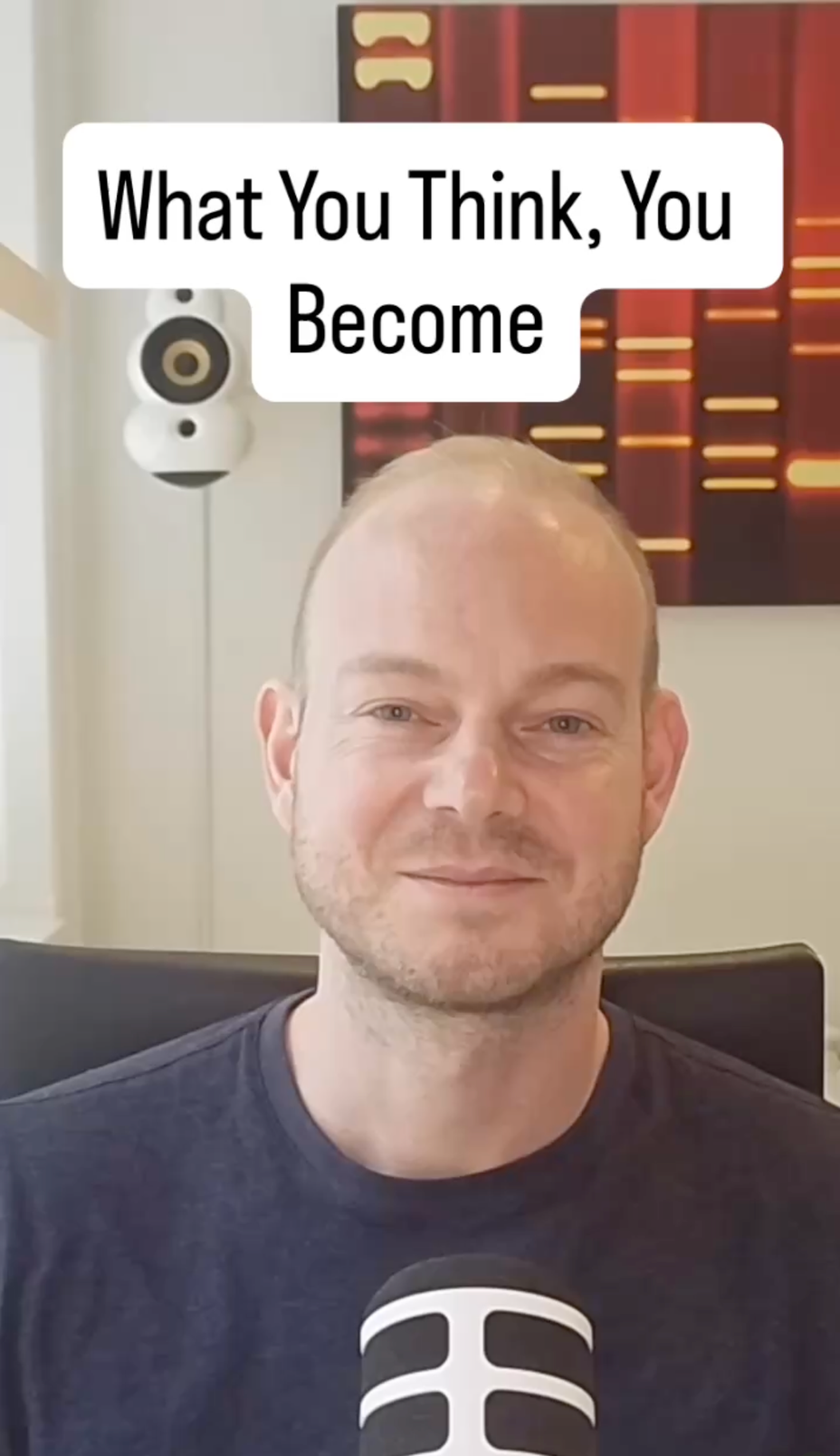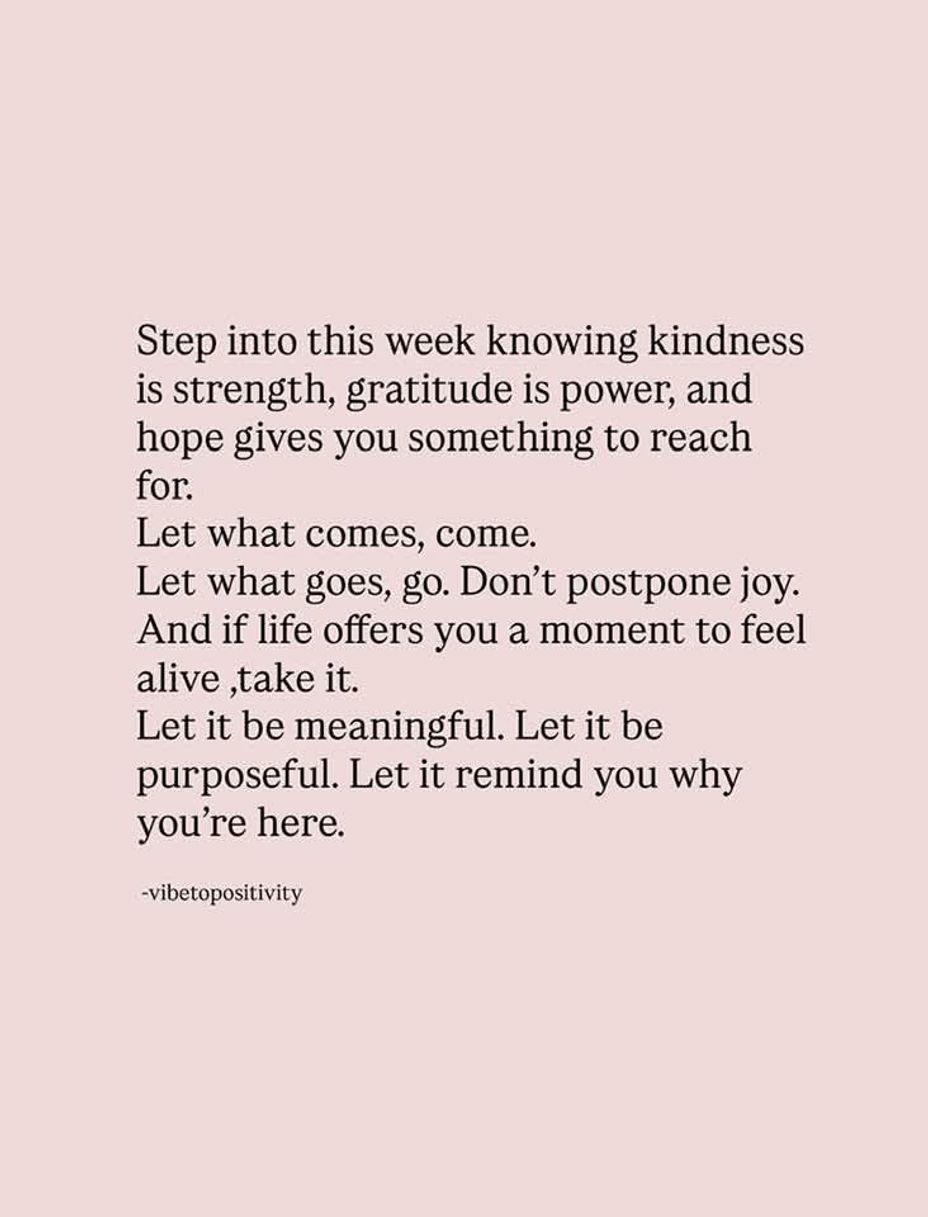The Reason I’m Still Here
By Jenn Dacey
For most of my life, I didn’t believe I had a future. I didn’t think I deserved one.
Since I was fifteen, I’ve struggled with severe mental illness — depression, bipolar disorder, and later, borderline personality disorder. The pain was overwhelming, and the darkness relentless. I survived nearly 50 suicide attempts, each one a desperate plea to end the suffering I carried deep inside. For decades, I couldn’t find a reason to stay.
But somehow, I’m still here. And I’ve finally stopped asking why. Now, I’m searching for what for.
Growing up, I never felt seen. I was bullied, silenced, and repeatedly invalidated. I experienced childhood trauma, including abuse by someone who was supposed to be a spiritual protector. No one acknowledged it. No one offered help. That betrayal shattered my sense of safety, trust, and self-worth. I was left to navigate a life I never felt equipped to live — constantly wondering what was wrong with me.
As an adult, I carried that pain into every area of my life. I struggled with addiction, broken relationships, estrangement from my children, and a total loss of identity. I couldn’t hold a job. I couldn’t maintain hope. I lived in survival mode, day after day, with no vision beyond simply enduring the next moment. I was lost.
On May 3 of this year, I made what I believed would be my final attempt to escape the weight of it all. But something happened. I woke up — still intubated — in an ICU bed. It was my 29th documented attempt. But this time was different. I didn’t feel numb or angry. I felt terrified. And then, I felt something I hadn’t felt in years: clarity.
That moment became my turning point. I realized I had to make a choice — not just to stay alive, but to finally take control of my healing. To stop waiting for someone else to fix what was broken and to start becoming the person I needed all along.
Seven weeks after that moment, I enrolled in community college. I chose Human Services as my major, with a focus on Drug and Alcohol Counseling. For the first time, I set goals — real ones. I met with my advisor. I planned my schedule. And I began to believe that maybe, just maybe, I could build a life rooted in purpose, not pain.
I also completed a Partial Hospitalization Program and finally started offering myself the grace I’ve always extended to others. For so long, I thought healing meant hiding my past. Now I know that true recovery means integrating it — using it as fuel, not a weight.
I’ve spent years in therapy, and while some tools helped, many didn’t go deep enough. I’m now exploring new, research-backed treatments like Spravato — an FDA-approved esketamine nasal spray for treatment-resistant depression. I’m no longer ashamed of needing help. In fact, it’s one of the bravest things I’ve ever done.
Today, I’m not just surviving. I’m rebuilding — piece by piece — a version of myself I never thought I’d get to meet. I’m learning to trust my instincts, speak my truth, and take up space in a world I used to believe didn’t want me in it.
This journey hasn’t been linear, and it’s far from over. I still grieve. I still long for reconciliation with my children. I still face hard days. But the difference now is that I don’t face them alone — and I don’t face them without hope.
If you’re reading this and you’ve ever felt invisible, voiceless, or too broken to begin again—please hear me when I say: it’s not too late.
You are not too far gone.
You are not beyond help or healing.
I’m living proof.
I used to believe I was born with a curse—to suffer.
Now I know: I was spared the curse, so I could serve.
To share.
To save—if only one person sees themselves in these words and chooses to stay one more day.
I don’t have all the answers.
But I have a reason now.
And every morning I wake up, I choose to live like I’ve been given one more chance to find out what that reason is—and to live it out loud.
#mentalhealthmatters #stillmatters #SurvivorStory #ThisPainHasPurpose
#healingjourney #Grief #ThisIsWhy #EndTheStigma #LiveAnotherDay #FromDarknessToLight #keepgoing #WhenNothingElseWorked #Spravato #strongerthanmystorm #SpravatoHope #writingtoheal












